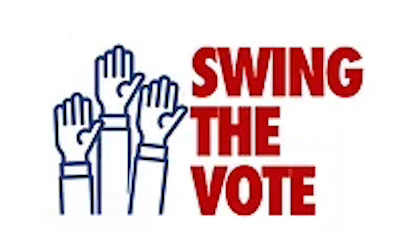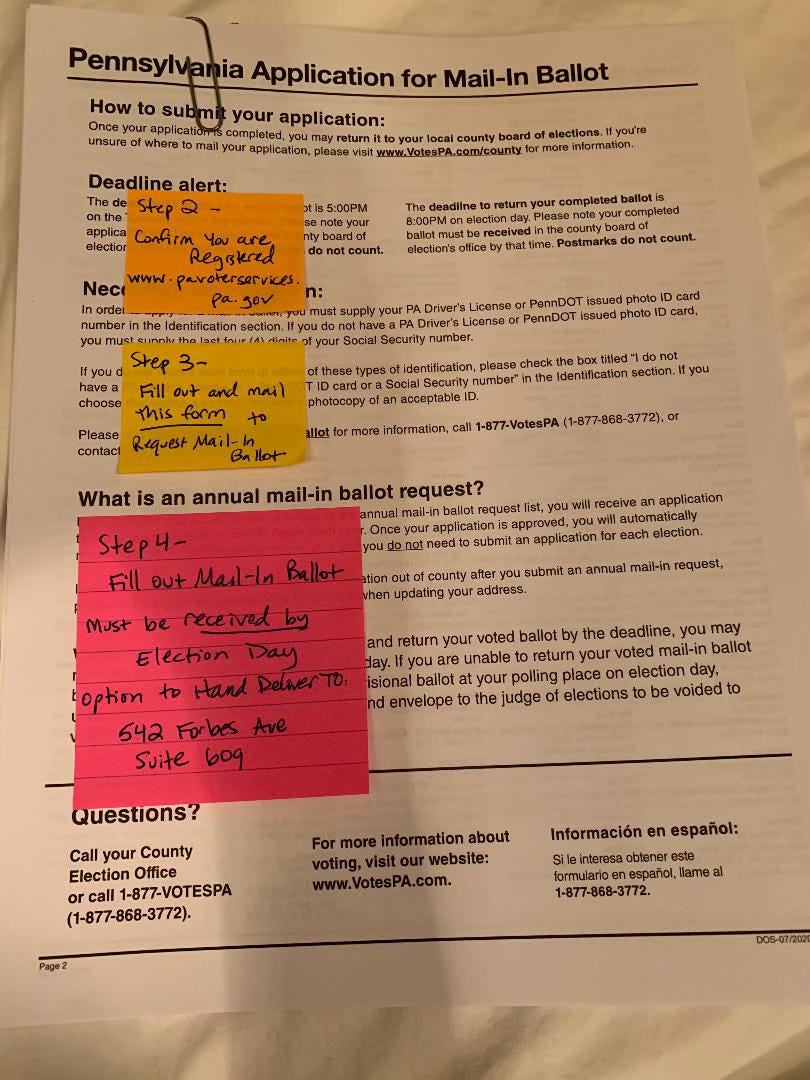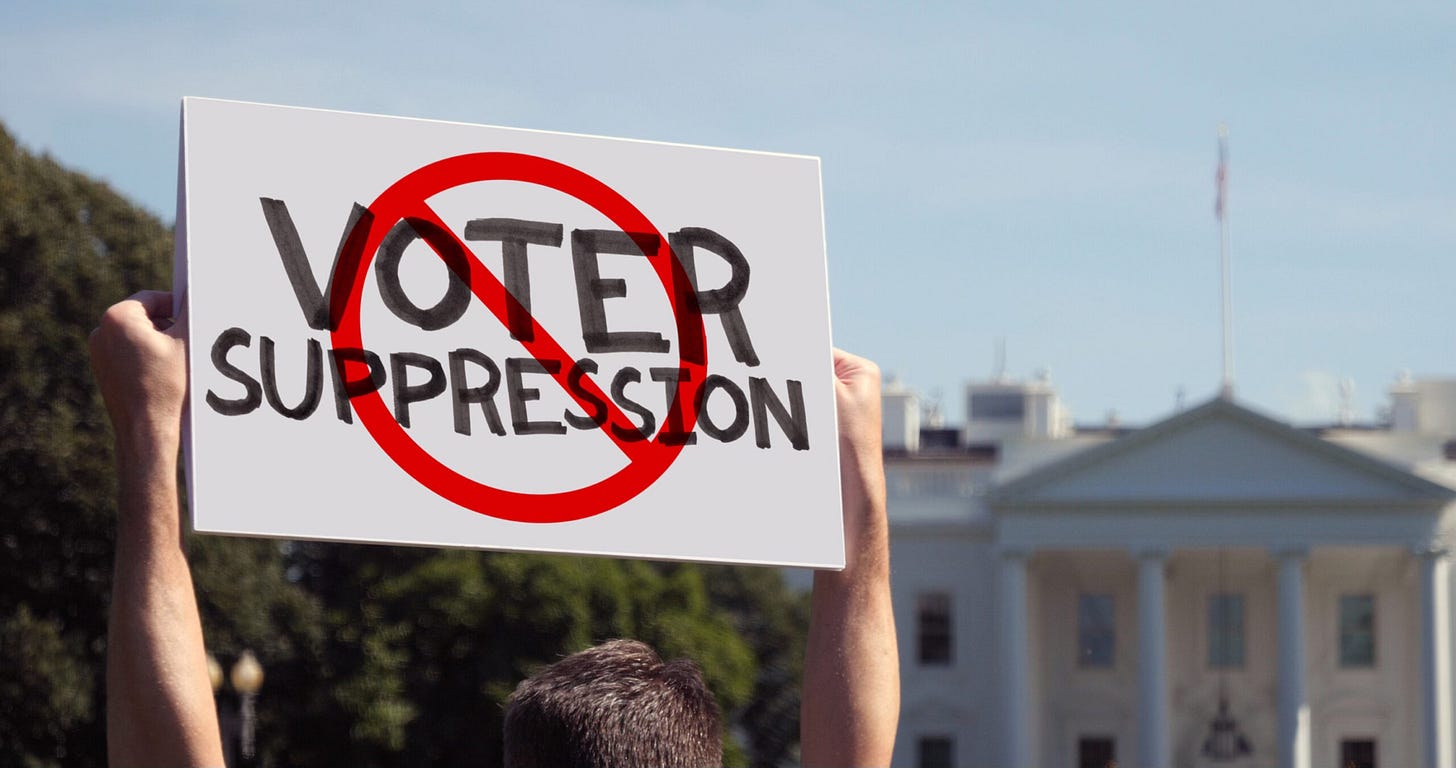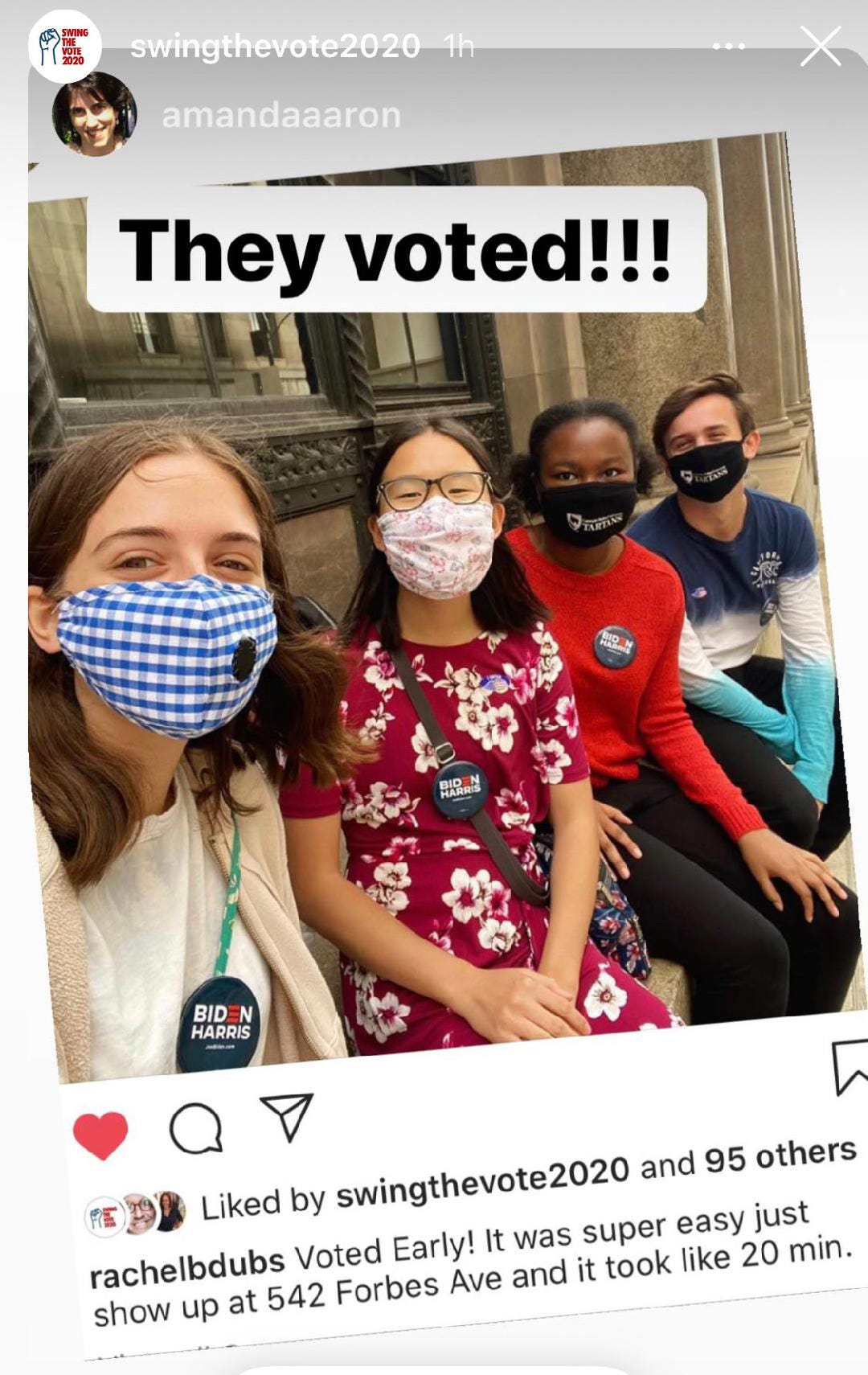By Bruce Watson
Voting 101 is not a course on any American campus, and many think they know why. Today’s students don’t care about voting, right? Even if they’re supposedly “woke,” students are said to be more interested in TikTok than in Trump. But back in 2020, when Amanda Aaron sent her daughter off to Pittsburgh’s Carnegie Mellon University, she learned the real reason why students too often skip voting.
“I had always been politically active, so I was thrilled to have my daughter voting in a swing state,” said Aaron, who runs a real estate appraisal firm in New York City. “But it took every ounce of my expertise to help her.”
Registering an out-of-state daughter in Pennsylvania was “daunting.” First, Rachel lacked a Pennsylvania drivers license and voting rules were uncertain due to the pandemic. Next, “mail-in voting was new that year and we didn’t know if there would be in-person voting on Election Day. There was a void on campuses without any campaign or grassroots groups doing in-person registration. The registration and voting process was multi-step and I sent her to college with paper forms and envelopes that had to be addressed, stamped and mailed -- things that were totally novel and alien to her generation.”
Aaron ultimately gave her daughter a "packet" of forms and pre-addressed stamped envelopes “with post-it notes about when to send each form, how to confirm her registration online and how to vote by mail without spoiling the ballot.”
After helping Rachel register, Aaron started Swing the Vote with friends and parents of other colleges in swing states. Four years later, STV is in full gear, aiding student registration on 130 campuses in seven swing states.
Any student or parent of a student in these swing states and districts can contact Swing the Vote to be guided through registration. And next week, Swing the Vote will debut campus-specific websites that wind students through the registration labyrinth, turn by turn.
But despite STV’s user-friendly website, its staff of volunteers and Voting Mentors, and an upsurge in interest this fall, student voting is not getting any easier.
“College students definitely swing elections,” Aaron said. “The number of college students who don't vote greatly exceeds the typical margin of victory in swing states for the presidential election, and in this election can also tip the majority in the House of Representatives. But state legislatures realize this and there has been active suppression of student votes in some states.” For instance:
In Wisconsin, out-of-state students must go beyond College IDs or passports to get a voter-compliant photo ID. The cards are issued with expiration dates within two years, requiring renewal before graduation. In Georgia, college ID’s work only for public university students. Private college students must get separate IDs and sometimes proof of residency. Wait, it gets worse.
In Arizona, students without a state-issued driver's license or photo ID can only vote Federal races but not important state and local races. And in multiple states, a photo ID is not enough - students must also bring proof of residence such as a utility bill or special tuition letter from the university in their name. What students pay utility bills?
“This is a digital generation,” Aaron observed,” and the registration process is analog.” Psychological barriers don’t help either. “Students feel disrespected by the process. They think ‘politicians don’t care about me and my generation.’”
So even if many campuses now have civic engagement officers, even if students do their homework, even though Taylor Swift endorsed Kamala Harris, Voting 101 is harder than ever.
In 2020, Swing the Vote prepared student voting packets like the one Aaron made for her daughter. They distributed more than 13,000 such packets. This year, the packets are online. And Swing the Vote has created a short video, since gone viral , about voting on campus. Watch here.
“We’re reaching out to students, to faculty, to administration,” Aaron said. “We’re sharing links to our non-partisan Student Vote site, urging colleges to link us to their voting websites or even make our site their campus website.”
Aaron’s daughter voted in 2020. Now graduated from Carnegie Mellon, she will vote again this year. Aaron’s son Isaac, a sophomore at Northeastern, will also be voting. Despite all the hassles, so will a rising tide of student voters. According to Statista, just 39 percent of those 18-29 voted in 1996, but that rose to 55 percent in 2020. And this year?
As in families across America, Aaron saw a huge change in her children’s enthusiasm with the Harris candidacy. “Like night and day,” she said. “It was just like pulling teeth to get them excited about another Biden-Trump race. But now they’re very active. And Swing the Vote has seen a huge outpouring of volunteer energy to win this election.”
Know a student at a swing state college? Share this video and sign them up for a personal voting plan from Swing the Vote.
Yes, this will be on the test. The test of democracy.










